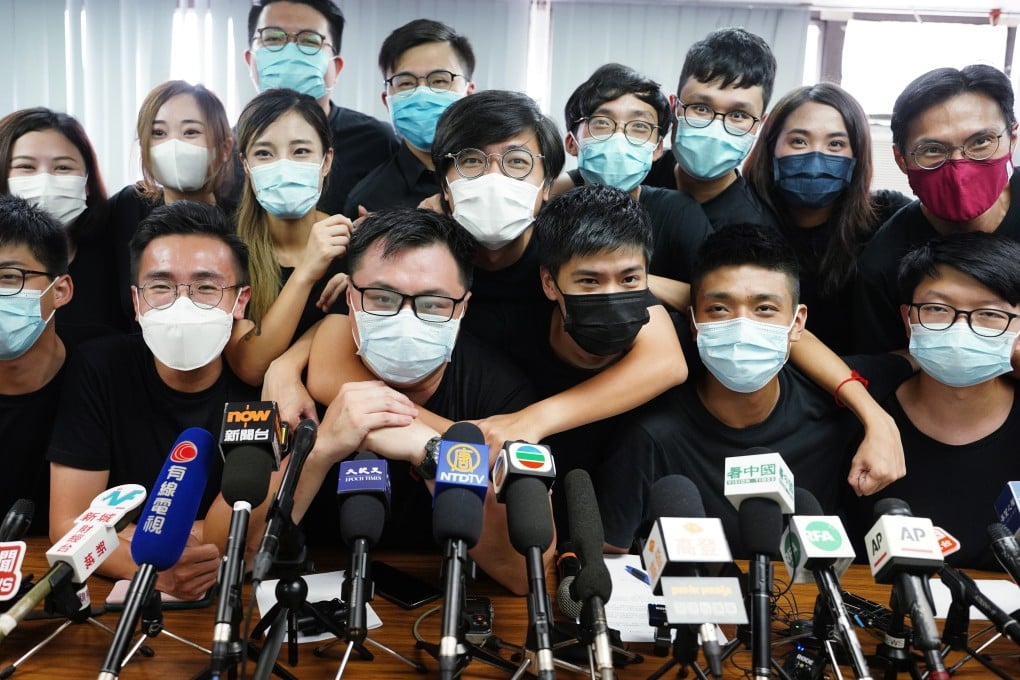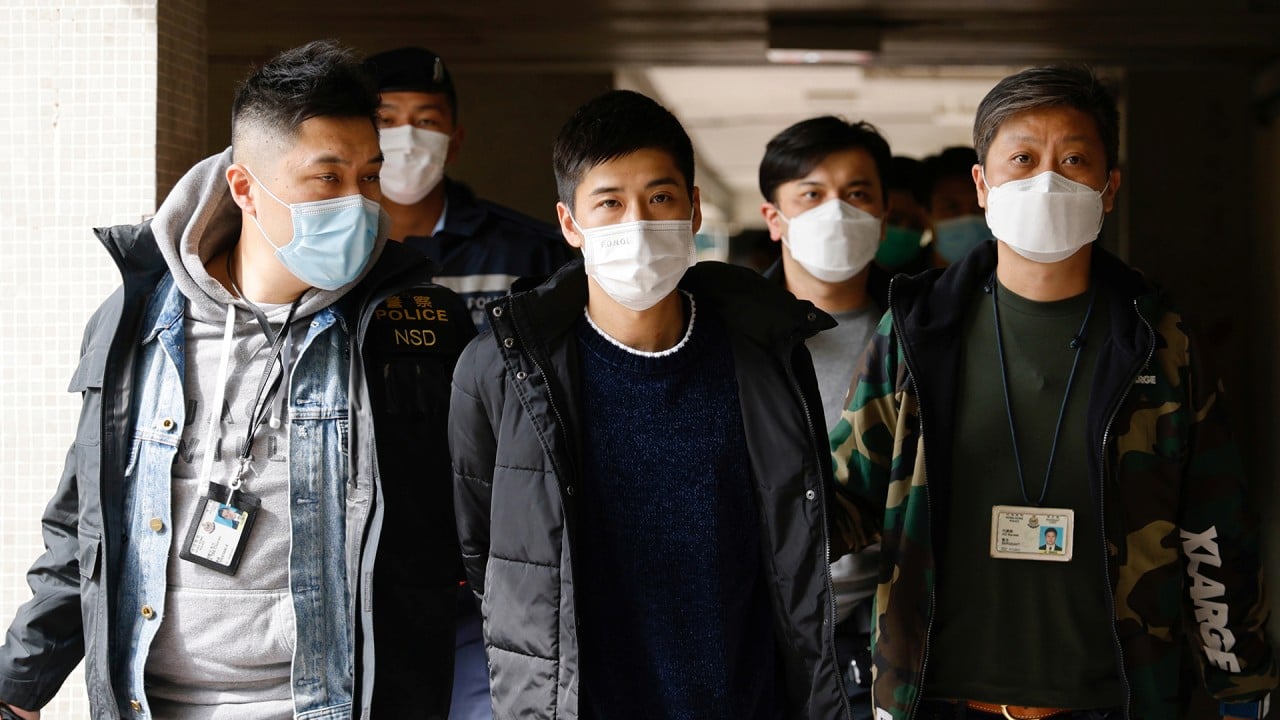Explainer | Hong Kong national security law: a 35-plus ambition, ‘colour revolution’ and the ‘resistance’ – what led to biggest mass arrests under legislation?
- Some 50 suspects, including activists and former lawmakers, linked to primary election run-off by opposition camp last year
- Unofficial polls proceeded despite warnings from authorities, and young candidates with more confrontational approach proved popular among voters

The Post looks at the controversial opposition primary and why it triggered Beijing’s ire.

03:04
Mass arrests of Hong Kong opposition lawmakers, activists under national security law
What was the opposition’s primary about?
With anti-government sentiments running high in the wake of the 2019 protests, the opposition camp estimated it could win enough seats in the geographical and trade-based constituencies during the scheduled September 2020 Legco elections to yield a majority of 35-plus slots, a “massive constitutional weapon” to veto the budget and disrupt government, Tai said at the time.
Last April, Tai wrote an article The ten steps to real ‘laam chau’ – the fate of Hong Kong in Chinese-language newspaper Apple Daily, elaborating on the election strategy and proposing ways to paralyse the local government and ultimately trigger international sanctions against Beijing.